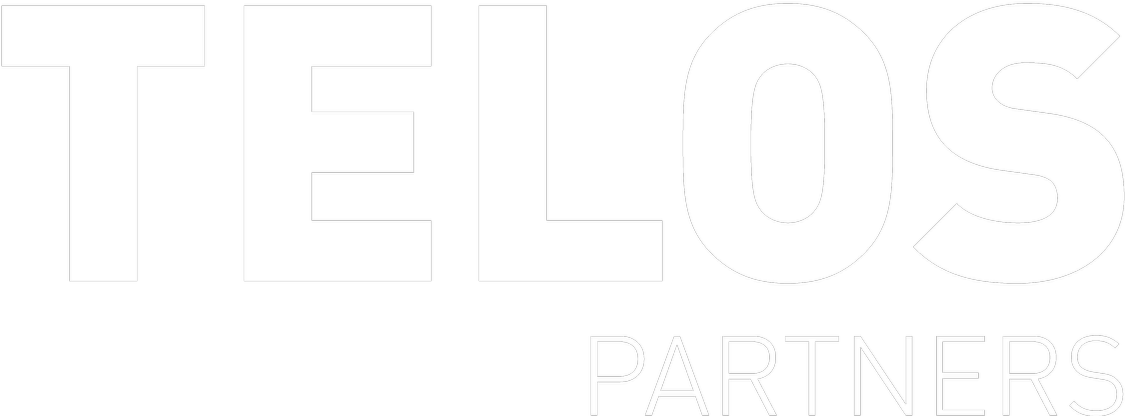How does successful employee ownership work?
- Telos Partners
- Jul 30, 2025
- 3 min read
Updated: Aug 4, 2025

There’s no one size fits all when it comes to employee ownership.
But, put simply, an employee-owned business is one where employees have influence and a stake because they ‘own’ the company where they work.
This ownership can take the form of employees directly owning shares in the company (as here at Telos Partners) or it can be some or all of the shares being held on the employees’ behalf in an Employee Ownership Trust (EOT).
The EOT model is most common in the UK where there are now more than 2,250 EO companies in all.
Why do businesses choose to become employee-owned?

Succession planning is often a driver as founder/owners consider their exit strategy.
A successful transition to EO can offer several advantages when it’s done well – with specialist legal/financial advice plus practical strategic and cultural support from an experienced change consultancy such as Telos Partners.
Read about the support we can offer here.
Becoming employee-owned can help to safeguard the founder/owner’s legacy and values; support employees’ social mobility by creating new career development opportunities; strengthen company resilience and boost commercial growth.
This can make employee ownership an attractive succession plan for family-owned businesses where the next generation isn’t willing or able to take over the reins.
Since 2014 there have also been tax advantages for founder/owners who choose to sell their business to an EOT.
Read about the benefits of employee ownership here.
What does a transition to employee ownership involve?
'It's important to invest (and keep investing) in the additional layer of governance that EO brings'
Becoming employee-owned is like any other major change project – to ensure a smooth transition and create a strong foundation for sustainable success, it should be properly supported, resourced and planned.
As with any company sale, specialist legal and financial advice should be sought so the decision to become EO is taken with full awareness of what’s involved, especially potential pitfalls and risks.
It’s a good idea to prepare your senior leaders (and yourself, as a former owner, if you are staying) for the changes in accountability and responsibility involved.
This includes the relationship they (and you, potentially) will need to create with any newly-created EO Trust Board.
It’s also important to invest (and keep investing) in the additional layer of governance – particularly around employee engagement, influence and representation – that EO brings.

How Telos Partners can help
Through our merger with JGA, we support owners, leaders, boards, teams and their representative bodies to identify, enable, transition and embed the benefits of being employee-owned.
Our team brings knowledge, skill and a practical understanding of how successful EO works.
We draw on Telos Partners’ 25 years of working with a wide range of organisations and JGA’s 10 years of supporting 100-plus transitions to EO.
Whatever your size, sector or stage of EO, we can help. We’ve been called the ‘people’ people of EO.
Want to find out how we can support you to shape, transition, embed, energise or renew the elements of successful EO in your business?
Read about our employee ownership support here and get in touch with us today.



